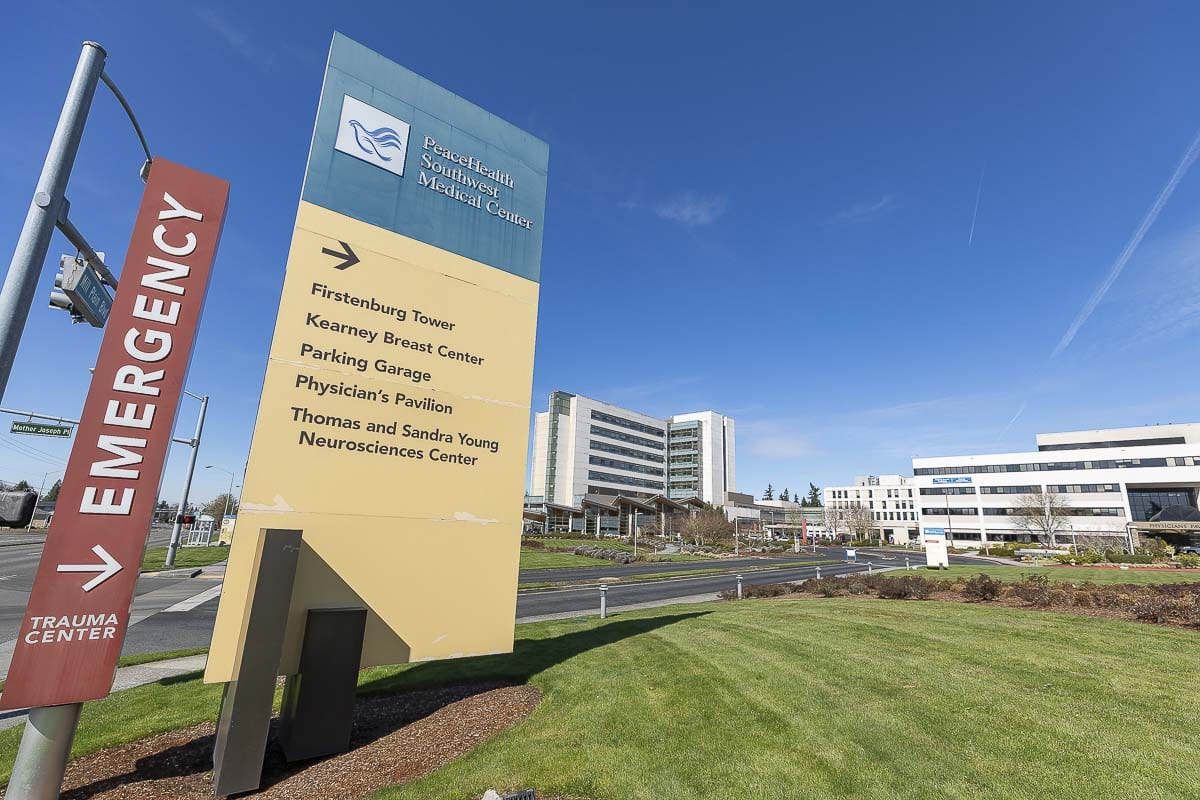Above all, do not travel if you are sick or with anyone who is sick or if you have been around someone with COVID-19 in the past 14 days
After months of staying home, many Clark County residents are likely ready to get out and enjoy summer travel. Is it safe with COVID-19 cases on the rise in many communities? If you decide to go, how can you best protect yourself?

“We’re definitely not out of the woods yet. COVID-19 is still spreading and in general, travel isn’t recommended, because travel increases the odds of us getting and spreading COVID-19,” says Bhanu Patibandla, MD, a pulmonary and critical care specialist at PeaceHealth Southwest Medical Center in Vancouver. “At the same time, we recognize that people can’t stay at home all the time.”
Consider your risks
If you’re thinking of traveling, Dr. Patibandla offers some key questions to ask yourself to see if it’s the right time to travel.
- Is COVID-19 spreading in your community, and is there a high incidence of COVID-19 in the place you’re planning to visit? Check map here.
- Do you have concerns that you and your fellow travelers will have trouble strictly following key preventive measures to limit your exposure?
- Keeping at least 6 feet of physical distance from others.
- Wearing masks correctly.
- Adhering to proper hand hygiene.
- Avoiding high touch surfaces and touching your face.
- Are you or is someone you’ll be traveling with at increased risk of developing critical health issues should you or they get COVID-19?
Dr. Patibandla suggests that if you answer “yes” to any of these questions, consider waiting. Above all, do not travel if you are sick or with anyone who is sick or if you have been around someone with COVID-19 in the past 14 days.
“We are all hoping to get back to our routines, such as summer travel,” notes Dr. Patibandla. “But as COVID-19 is still a major concern, I’d suggest that we stay patient and do our best to prevent the spread of COVID-19.”

Consider your comfort
If you answer “no” to most questions above, you might feel more comfortable with the idea of traveling. Catherine Kroll, the director of infection prevention at PeaceHealth, offers some additional considerations to help you decide:
- What are the travel restrictions at your destination?
Some places, such as Hawaii, require you to quarantine for 14 days before you are allowed into public areas. Do you have enough vacation time (and budget) to allow for that? Click to view the list of states and their restrictions. - What activities do you plan to do when you get to your destination?
Can you do those in physically distant ways? Will they make the trip worthwhile? - Does your employer require you to quarantine after you get back from being away?
- How confident are you that rest stops, gas station restrooms and restaurants will be open along your route?
If not, what is your back-up plan? - Are your reservations refundable?
A community’s case count might be low when you make the arrangements but could spike shortly before you arrive. - What is your game plan if you get sick?
How and where will you self-isolate?
“I would really encourage people to look for staycation opportunities,” says Kroll, an avid traveler herself who has postponed personal plans until the overall outlook is better. However, people have to make up their own minds about what works for them and their families while following state and local laws and other guidelines intended to lessen the risk for everyone. Bottom line, if you are going, control as much as possible exposure to you and the others you’re traveling with.”
Extra items for pandemic travel
- Face masks.
- Alcohol-based hand sanitizer (at least 60 percent alcohol).
- Water and nonperishable food (in case restaurants and stores are closed or have short hours).
- Personal items such as pillow covers, blankets, towels and washcloths.
- Ample supplies of your personal medications.
- Disinfectant sprays or alcohol-based sanitizer wipes (at least 70 percent alcohol) for clean-ups along the way and on arrival.
- Lotion (to prevent dryness from extra handwashing).
- Diapers or pads (for added peace of mind in case facilities are closed).
- Plastic bags (for storing or disposing of soiled items).
- Rubber, latex or nitrile gloves (for handling soiled items or cleaning).
- First aid kit with up-to-date supplies.
- Patience and flexibility.




